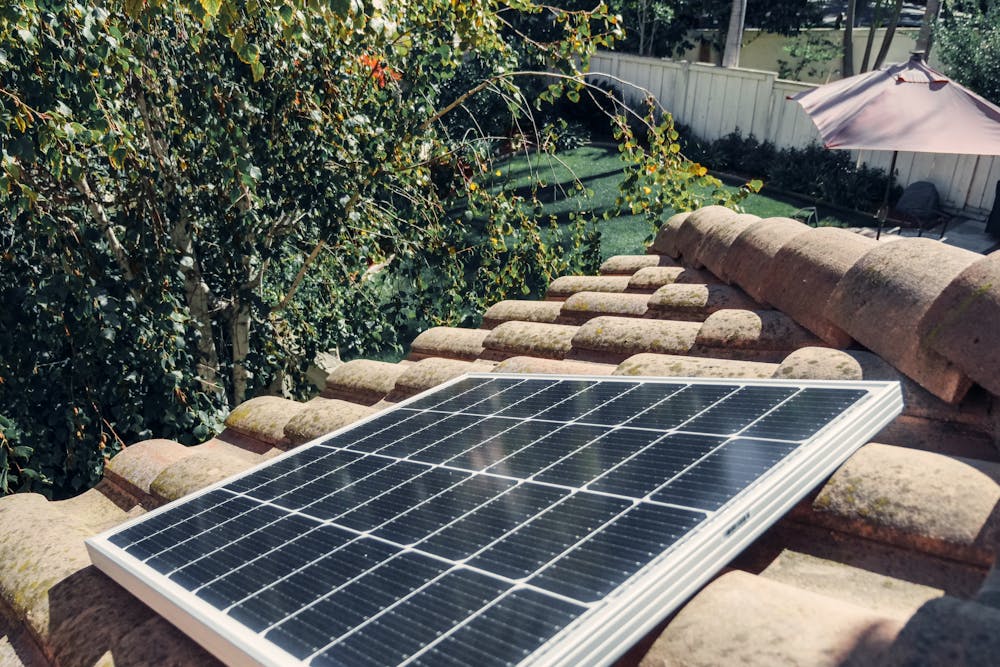The adoption of solar energy has surged globally as homeowners seek sustainable and cost-effective energy solutions. Understanding the efficiency and requirements of solar panels is crucial for maximizing their benefits. This article delves into the energy production of individual solar panels, determining the number needed for various kilowatt systems, and assessing the panels required for heating homes of different sizes. Whether you’re considering a 3kW system or need to heat a 100m2 house, this guide provides comprehensive insights into making informed solar energy decisions.
How Much Energy Does One Solar Panel Produce?
The amount of energy produced by a single solar panel varies based on several factors, including the panel’s efficiency, size, and the amount of sunlight it receives. On average, a standard residential solar panel has an efficiency rate of about 15-20% and produces between 250 to 400 watts per hour under optimal conditions. This means that over the course of a sunny day, a single panel can generate approximately 1 to 1.6 kilowatt-hours (kWh) of electricity.
Factors influencing energy production:
- Sunlight exposure: The geographical location and orientation of the panels play a significant role in determining how much sunlight they can capture. Panels in regions with more sunlight hours will naturally produce more energy.
- Panel efficiency: Higher efficiency panels, though often more expensive, can produce more electricity from the same amount of sunlight compared to their lower efficiency counterparts.
- Weather conditions: Consistent sunny weather results in higher energy production, while cloudy or rainy conditions reduce it.
Understanding these factors helps homeowners estimate the energy output from their solar panels, enabling more accurate planning and optimization of their solar energy systems.
Calculating the Number of Panels for 3kW, 5kW, 7kW, and 10kW Systems
To determine how many solar panels are needed for specific energy systems such as 3kW, 5kW, 7kW, and 10kW, we first need to understand the system’s total power requirement and the capacity of individual panels.
A 3kW system requires 3000 watts of power. If we assume the average solar panel produces 300 watts, the number of panels needed can be calculated as follows:
- 3kW system: 3000 watts / 300 watts per panel = 10 panels
- 5kW system: 5000 watts / 300 watts per panel = 16.67 panels (rounding up to 17 panels)
- 7kW system: 7000 watts / 300 watts per panel = 23.33 panels (rounding up to 24 panels)
- 10kW system: 10000 watts / 300 watts per panel = 33.33 panels (rounding up to 34 panels)
These calculations assume optimal conditions and standard panel efficiency. However, variations in panel efficiency and sunlight exposure may slightly alter these numbers. It’s crucial for homeowners to consult with solar energy experts to tailor these estimates to their specific needs and conditions.
Solar Panel Requirements for Heating a 100m2 House
Heating a house with solar panels involves understanding the home’s energy consumption and the efficiency of the heating system. A typical 100m2 house might require around 10,000 kWh annually for heating, depending on insulation and local climate conditions.
To calculate the number of panels required, consider the annual energy production of each panel. Assuming an average panel produces 1.5 kWh per day, this results in:
1.5 kWh/day * 365 days = 547.5 kWh annually per panel.
To meet the 10,000 kWh requirement, the number of panels needed is:
10,000 kWh / 547.5 kWh per panel = 18.26 panels (rounding up to 19 panels).
Key points to consider:
- Insulation: Better-insulated homes will require less energy for heating.
- Heating system efficiency: More efficient heating systems will reduce the overall energy requirement.
- Local climate: Colder climates will require more energy to maintain comfortable indoor temperatures.
These factors influence the total number of panels needed to efficiently heat a 100m2 house.
How Many Panels Are Needed to Heat a 150m2 House?
A 150m2 house, being larger, typically requires more energy for heating. Assuming the energy requirement scales proportionally, a 150m2 house might need approximately 15,000 kWh annually for heating.
Using the same annual energy production per panel (547.5 kWh), the number of panels required would be:
15,000 kWh / 547.5 kWh per panel = 27.4 panels (rounding up to 28 panels).
This estimation considers similar factors as those for a 100m2 house, such as insulation, heating system efficiency, and local climate.
Important considerations:
- Solar panel placement: Ensuring optimal placement and angle for maximum sunlight exposure is crucial for achieving the estimated energy production.
- Energy storage: Implementing an energy storage system can help manage energy supply during periods of low sunlight, ensuring a consistent energy supply for heating needs.
- Energy management: Efficient use of energy, such as through smart thermostats and energy-efficient appliances, can further reduce the overall energy requirement.
Understanding these dynamics helps homeowners plan effectively for heating larger homes using solar energy, ensuring sustainability and energy efficiency.
More information about this on the website: https://7sun.eu









